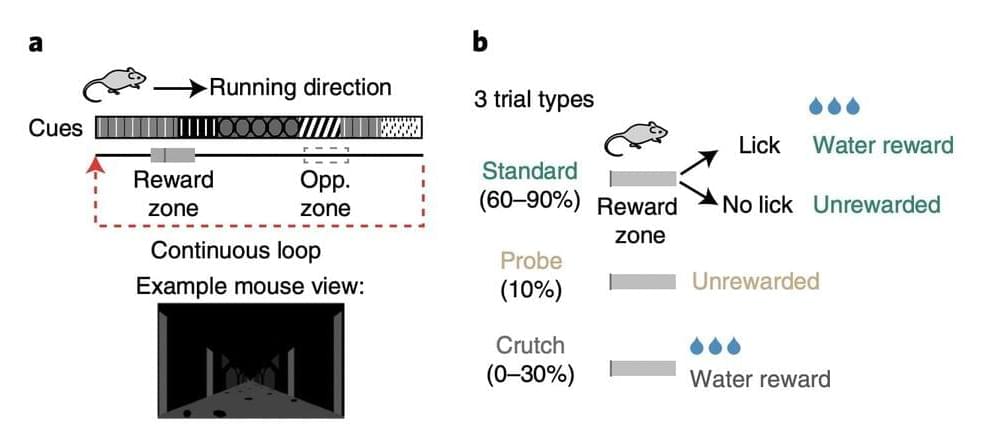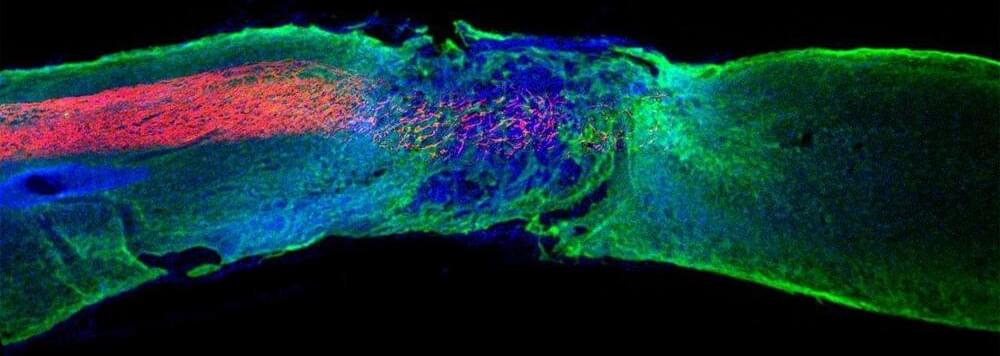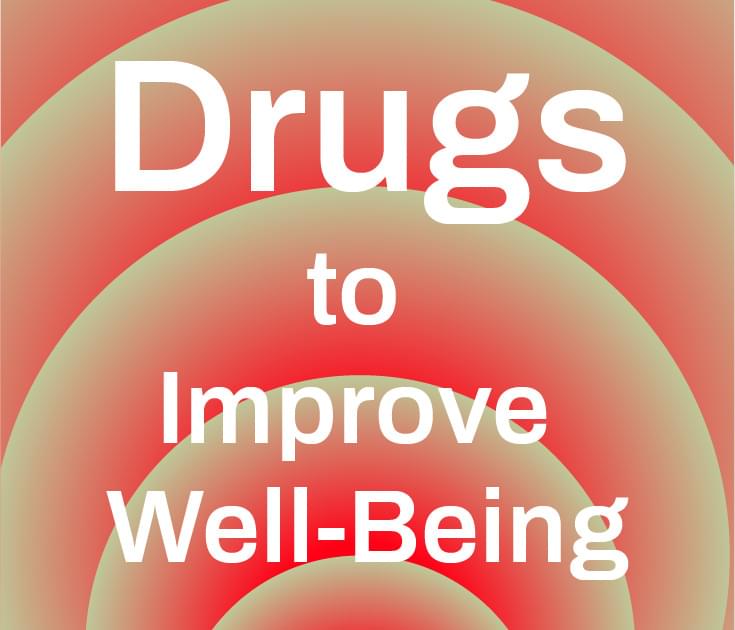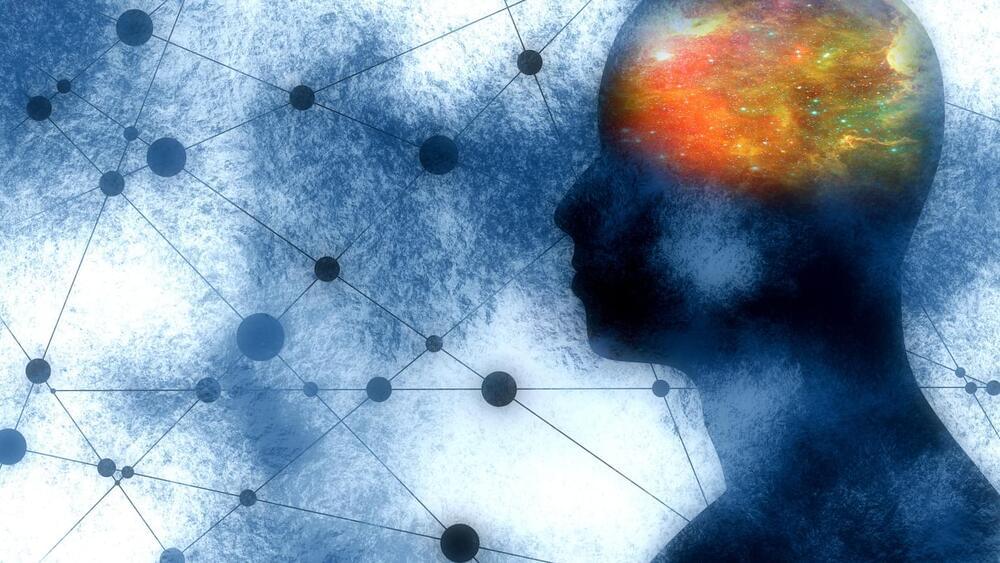May 19, 2022
Study shows that behavioral engagement could affect hippocampal place codes
Posted by Saúl Morales Rodriguéz in categories: mapping, neuroscience
The hippocampus is a region of the brain known to the associated with memory, learning, spatial navigation and emotion. In 1971, neuroscientists discovered that the hippocampus influences spatial navigation through the formation of a series of “spatial codes,” which encode characteristics related to an animal or human’s surrounding environment, including sensory cues and where rewards are located.
These codes are encoded by a type of neurons known as “place cells,” which were found to become active when an animal is entering a specific place or location in its environment. Together, place cells in the hippocampus form representations of the places that animals are navigating, also known as cognitive maps.
Since place cells were first uncovered, numerous teams worldwide have been conducting studies aimed at better understanding their function and how they encode spatial information. While there is now a large body of research focusing on place cells, some of the factors influencing their functioning are still poorly understood.


















